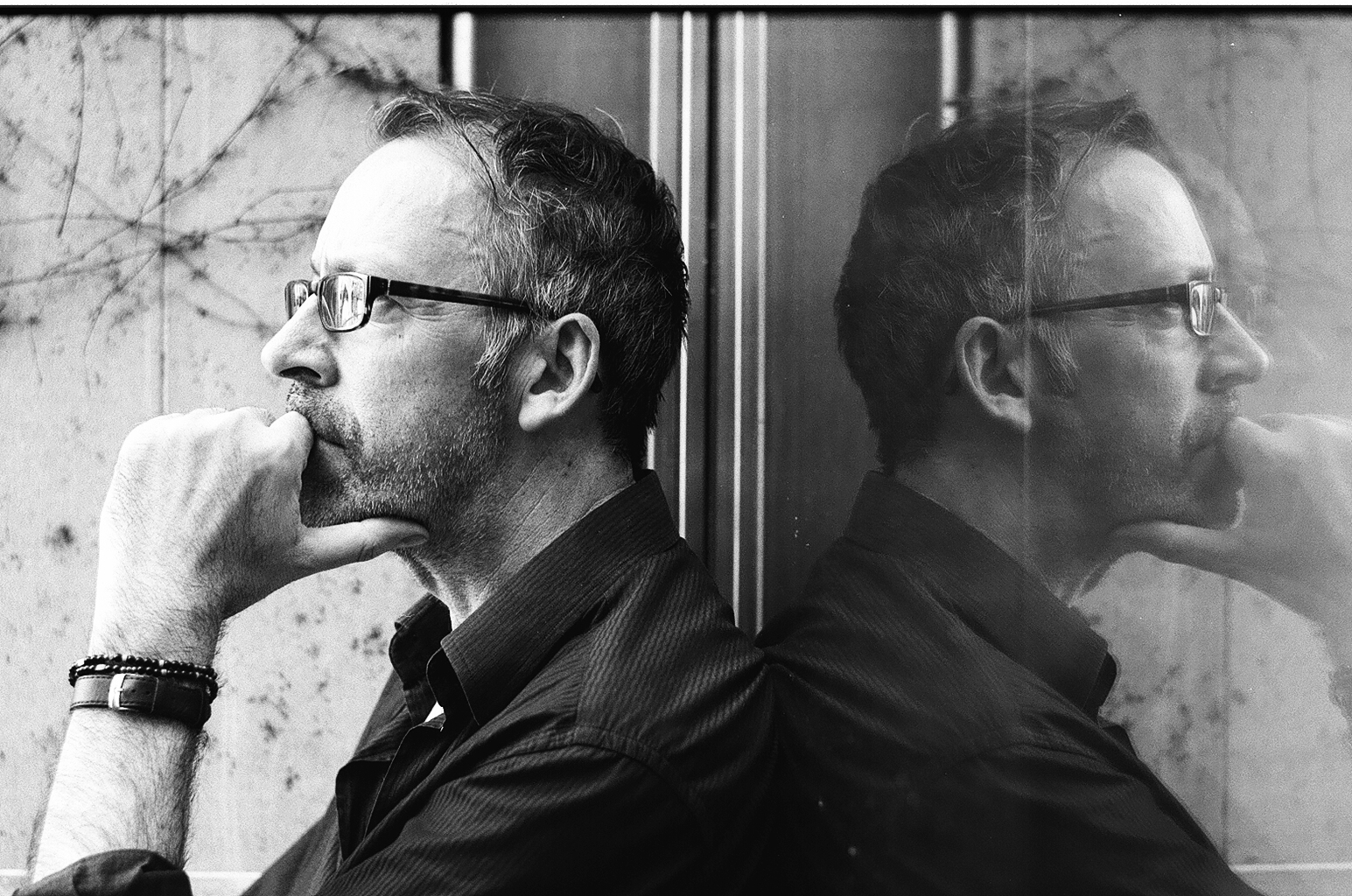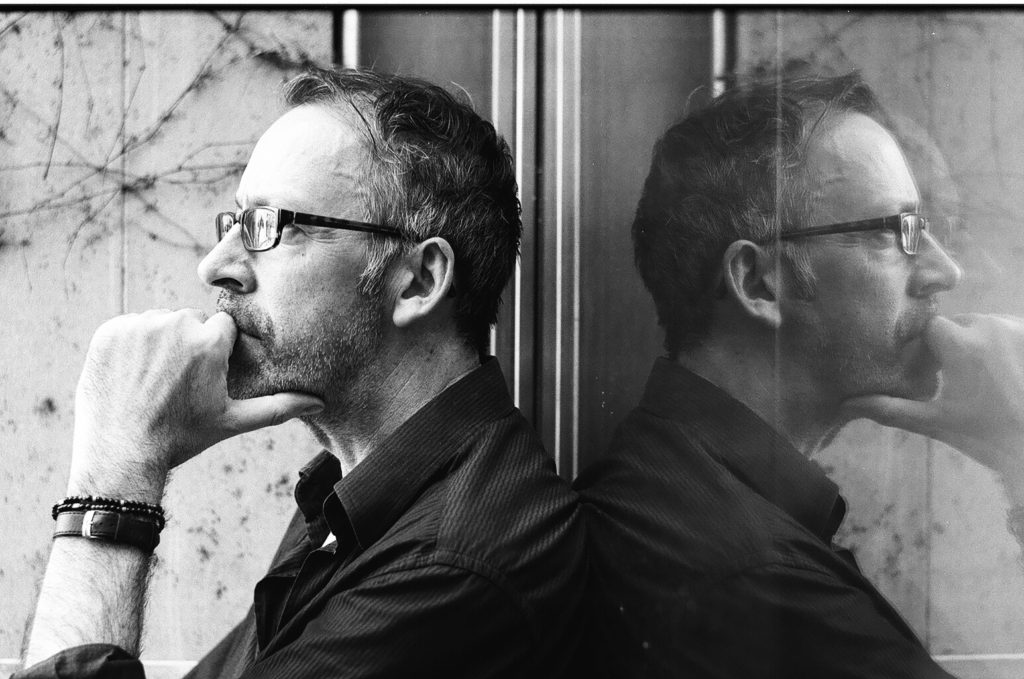
Film Review
Finally, a film which justifies the hatred I’ve been harbouring for wind turbines. Despite their rather elegant design, they’re a blight on the countryside, and the seaside. I remember how my heart dropped right into the battlements of my sandcastle several years ago as I stood on Llandudno Beach in North Wales, aghast at a whole straggle of them, strung across the view of Colwyn Bay, their intermittently churning arms shredding the town’s official motto: ‘Beautiful Haven of Peace.’ An ecstatic phrase coined by romantic novelist and Queen of Romania Carmen Sylva, in 1890.
The intermittency of these graceful carbuncles is their forgotten defining feature: when the wind doesn’t blow they’re about as useful as a dead arm on a rubber crutch. As are the solar panels which are basking in an increasing ubiquity. When clouds playfully occlude the sun, their energy efficacy plummets. I knew this already, but what Jeff Gibbs points out in his increasingly compelling, lugubrious voice-over, is that wind turbines have a short shelf-life, as short, in comparison to the job they’re expected to do, as twenty years. Images of them crumbling in their serried ranks against low dark trundling clouds is one of the film’s most compelling and memorable images, amid many others. Solar panels unmoored from their housings and scattered by the wind like bits of a boys’ construction set is another. But the most disturbing come in the film’s closing sequence, so if you’re a simian lover, or have even average sensitivity, prepare yourself.
We certainly need to be reminded that ‘renewable’ energy sources need to be backed up by national power grids whose energy is supplied by the fossil fuels the renewables are there to make redundant. And Gibbs, taking his cue from producer Michael Moore’s insidiously friendly investigative style of approach, unearths plenty of examples of just how reliant ‘renewable energy’ is on the main driver of climate change. His environmental activism dates back to his childhood (he ‘retaliated’ against a bulldozer destroying the trees near his home by putting sand in its gas-tank), though Gibbs isn’t one to rest on his ecological laurels, and the main narrative thrust of the film is the slow but sure shattering of his own green illusions as he confronts green energy luminaries such as Bill Kibben, Van Jones, Robert F. Kennedy Jr (John F’s nephew, an ‘environmental attorney’) and one of the green movement’s godfathers Al Gore.
Though Gibbs’ unwavering detective work leads to far more than a shattering of his and our complacent eco-illusions. He lifts the shiny green protective cover on the sleek electric car which is modern, planet-saving Green Energy, to reveal the ugly profit-powered stock-car racer underneath, driven by the likes of the Koch Brothers and Exxon-Mobil. But it’s not just the usual suspects, Gibbs fingers The Nature Conservancy, The Union of Concerned Scientists, The Sierra Club (the US’s oldest grassroots environmental movement) and even treehugger.com to illustrate how environmentalism and capitalism have seamlessly merged.
Admittedly, Gibbs’ calm, disabused tone can make us forget that this is an extended piece of polemic and, applying Gibbs’ own lesson, we shouldn’t take it completely at face value. But the post-production screen notes, particularly the reaction of the Sierra Club, indicate that the film has already scored a couple of direct hits. And every movement needs to constantly examine itself, polemically or otherwise, particularly one whose aim is to help us all ‘save the planet’.
It’s sheer hubris to think that we humans can do this. We can do the best we can to protect and preserve the biosphere which sustains the world we share with millions of other species; though Gibbs’ film casts serious doubt on this less dramatic aim. Apart from the exposure of how deep the infiltration by turbo-charged capitalism into environmentalism has gone, the other chilling aspect of the film is hearing cool-headed climatologists, anthropologists and biologists voicing their scepticism as to how we humans are going to get through the environmental crisis; that, in fact, climate change aside, We are the crisis. “There are too many human beings using too much, too fast” and “without some major die-off of population there’s no turning back.” Volunteers anybody?
Planet of The Humans is bleak, no doubt about it, but perhaps bracingly so. There are no pain-free solutions, certainly not electric cars, solar panels, turbines and as for biomass energy, well, watch the film, cash in your shares and have a party before it’s too late. In his closing words Gibbs talks about ‘awareness’ as the path to change, an acceptance of how unsustainable our activities as a species have become. That would certainly help, but, sooner rather than later ‘awareness’ has to be translated into action, on a concerted, perhaps unprecedented, global scale. And whatever action that turns out to be the Almighty Buck will have to stop right there.

